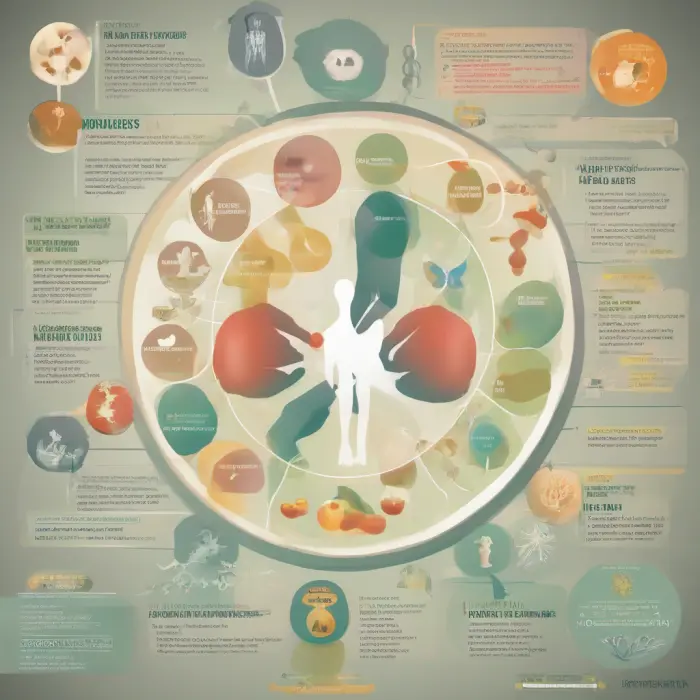As your parents or anyone close to you gets older, you want to be prepared in the unfortunate case of a medical emergency. These can be difficult talks to have, but it is amazing how much of a difference it can make if a situation arises.
There are some of the items that would be beneficial to have at hand in a medical emergency. Although this list may not be all-inclusive, it should certainly be a good start to get you on the right track.
Personal information
We know this may sound silly, but you might be surprised that you may not know all this information: the parent’s full name, date of birth, and social security number. This should already be included with insurance information, but you may need to complete forms on your parent’s behalf.
Insurance information
Make sure you know the Provider, identification number, any secondary insurance companies, etc. Have the phone number for the provider should you need to call with any questions about what may or may not be covered, who is in network/out of network, etc.
Doctors
Ensure you have a list of all doctors your parent(s) currently visit – make sure you have the doctor’s name, office name/location, phone number, and condition/reason they visit this doctor.
Medications
Have a list of all medications and supplements your parent currently takes. This can be vital in the event a parent takes a medication that may have an adverse reaction to another medication.
Allergies
Be aware of any allergies your parent(s) may have including an allergy to any medications or antibiotics. Some people also have an allergy to latex, which can be important for those attending to your parent to be aware of, so they do not wear latex gloves, etc.
Conditions
Has your parent been diagnosed with any conditions – diabetes, heart disease, incontinence? Be sure you have a list of any condition or disease, they are currently being treated for or even something they may have been treated for previously.
Lifestyle information
The doctors may ask you about this information on your parent’s behalf – do they smoke, do they drink, what is their diet, how often do they exercise, etc.
Special requests/power of attorney
Talk to your parents about any special requests they may have for treatment and also be sure you know who is the power of attorney should any decisions about their care have to be made on their behalf.
These are some of the items that you may need in an emergency. After you go through the work of putting the list together, be sure to update the list as often as necessary. If your parent starts seeing a new doctor, they start a new medication, or their insurance changes, update the list.
If you are the parent reading this article, have a conversation with your children or anyone close to you that may need to be involved in an emergency care situation. Just as important, make sure you have the phone numbers of those you would want to be contacted in the case of an emergency. Make sure to have a list of these names and phone numbers somewhere visible, such as hanging on the refrigerator. Include daytime, home, and cell phones for children, other relatives, a close neighbor, or friend. Also, make sure you have their numbers programmed into your phone should you need to reach them in a hurry.
Having all the information in one convenient place can not only be efficient should you need it, but beneficial if you need it in a hurry.
Powered by Froala Editor










